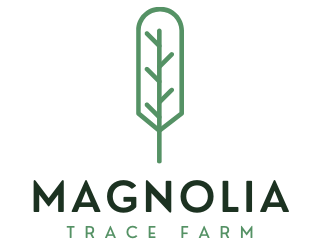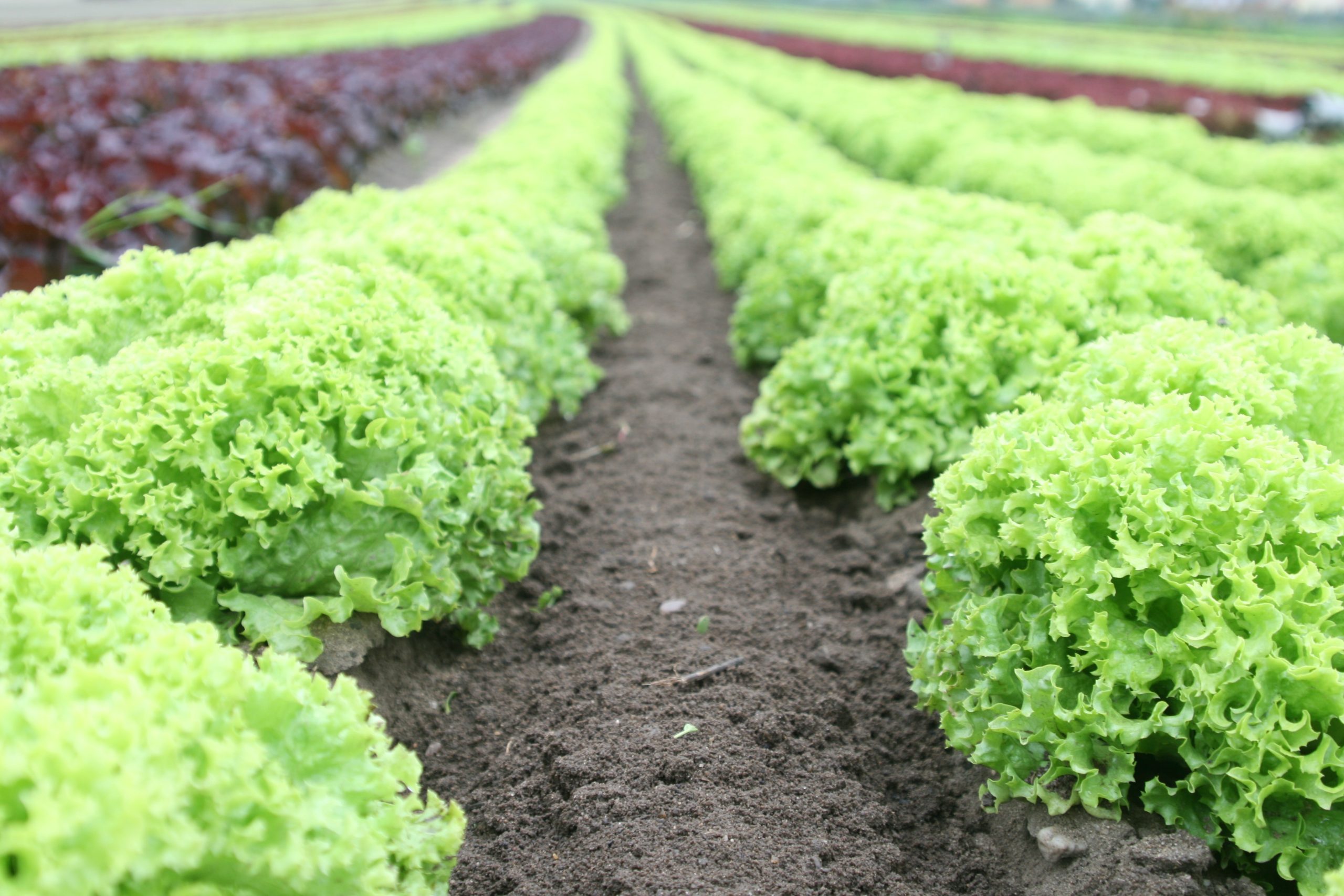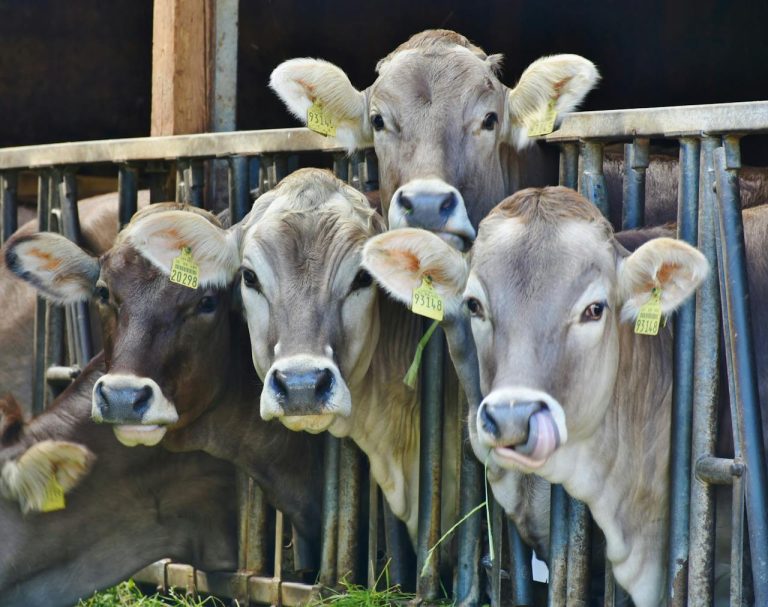Advantages and Disadvantages of Organic Farming: A Balanced Analysis 2023
The question is what are the advantages and disadvantages of organic farming? First, organic farming is a method that has gained worldwide attention in recent years. This sustainable agricultural practice focuses on the use of natural products and processes to cultivate crops, eliminating the use of synthetic pesticides and fertilizers.
The growing interest in organic farming is due, in part, to its potential benefits to both human health and the environment.
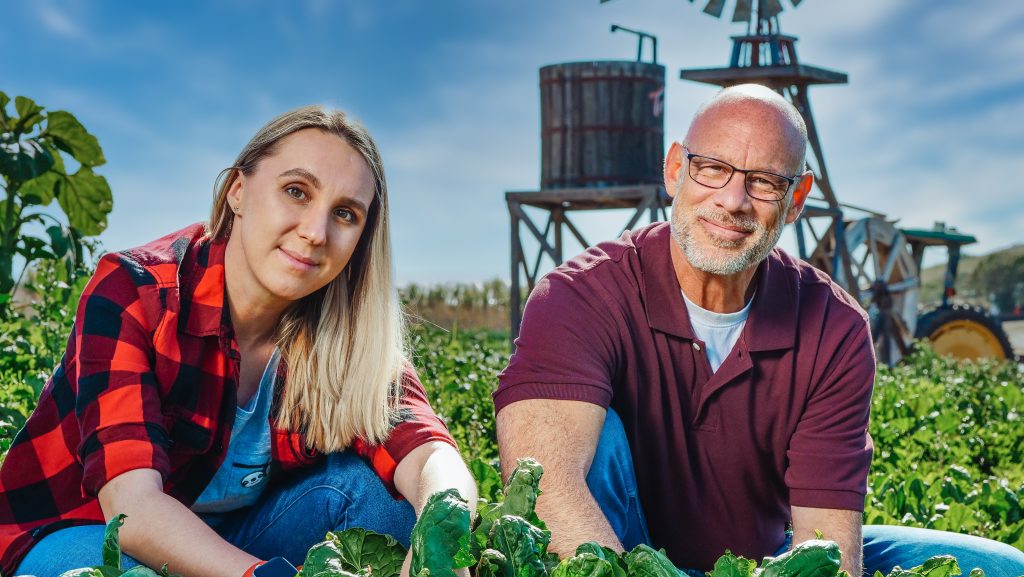
While organic farming offers a myriad of advantages, such as improved soil health, reduced environmental pollution, and an overall positive impact on human health, it also presents a number of challenges.
The practice is frequently associated with higher costs, lower yields, and a lack of subsidies compared to conventional farming.
Additionally, the rigorous certification procedures and the potential susceptibility of crops to illness require significant knowledge and skill from organic farmers.
Key Takeaways
- Organic farming promotes human health and environmental sustainability
- Higher costs and lower yields are challenges faced by organic farmers
- Success in organic farming requires knowledge, skill, and a commitment to the process
Advantages and Disadvantages of Organic Farming
To best understand the advantages and disadvantages of organic farming we need to compare it with conventional farming.
Organic Farming vs Conventional Farming
Farming Methods
In organic farming, I focus on using natural methods and processes to cultivate crops and raise livestock. This approach often involves crop rotation, composting, and biological pest control to maintain soil health and productivity.
On the other hand, conventional farming relies heavily on synthetic fertilizers, pesticides, and herbicides to maximize crop yields. Conventional farming methods typically include monocropping, which can lead to soil depletion over time.
Environmental Impact
The environmental impact of organic farming is generally considered to be smaller than that of conventional farming. Organic farming practices, such as crop rotation and composting, can help conserve and build soil health as well as replenish natural ecosystems for cleaner water and air.
Since organic farming doesn’t use synthetic pesticides, it also contributes to less groundwater pollution and promotes the protection of insects and other beneficial organisms. However, it’s worth noting that neither organic nor conventional farming can solve all environmental problems, and both impact greenhouse gas emissions in different ways.
Use of Chemicals
One of the most significant differences between organic and conventional farming lies in their use of chemicals.
While organic farming does not utilize synthetic fertilizers, pesticides, or herbicides, conventional farming heavily depends on these chemical inputs for crop protection and soil fertility.
The avoidance of synthetic chemicals in organic farming can lead to better health for farmers and potentially offer a safer environment for farm animals. The lack of chemical residues in organic food products also reduces the risk of pesticide exposure for consumers.
In summary, organic farming puts more emphasis on natural methods and environmental sustainability, while conventional farming focuses on maximizing crop yields through synthetic inputs.
Both methods have their advantages and disadvantages, and it’s essential for farmers and consumers to consider their overall impact on the environment and human health.
Health and Nutrition
Health Benefits
Organic farming takes special care to avoid synthetic pesticides, antibiotics, and growth hormones.
In doing so, it often results in foods that reduce exposure to harmful chemicals and promote healthier living conditions for both animals and consumers.
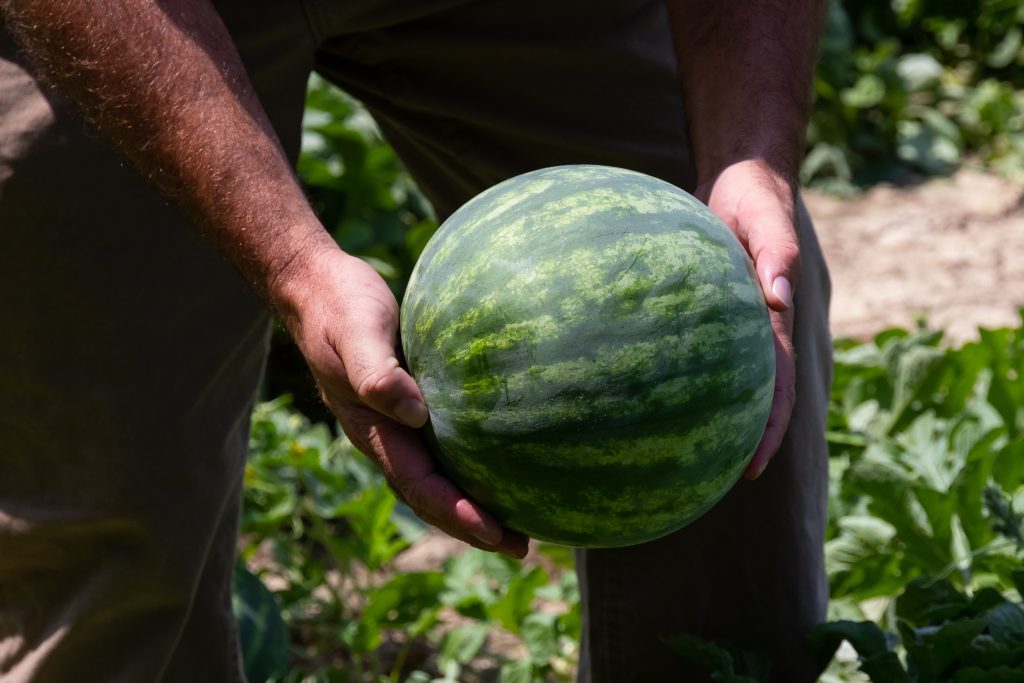
For instance, the preventive use of antibiotics is restricted on organic farms, and animals are given more space to roam in natural conditions, which lowers their risk for infections and contributes to their overall health source.
Nutritional Content
There is evidence suggesting that certain organic foods may contain higher nutritional content than their conventionally grown counterparts.
A study published in the Journal of Agricultural and Food Chemistry found that organic onions had about 20% higher antioxidant content than conventionally grown onions source.
Moreover, organic foods are sometimes found to have higher levels of omega-3 fatty acids, which are beneficial for our health source.
Chemical Exposure
One major advantage of organic farming is the reduction in exposure to harmful chemicals. Conventional farming often utilizes synthetic pesticides, including glyphosate and neonicotinoids, which have been linked to various health and environmental problems, such as neurological diseases and declines in pollinator populations source. By avoiding these chemicals, organic farming can help protect both consumers and the environment.
GMOs
Genetically modified organisms (GMOs) are another concern when it comes to food production. Due to the use of GMOs in conventional farming, consumers may be exposed to potential health risks associated with their consumption. Organic farming prohibits the use of GMOs, offering an alternative for those who prefer to avoid genetically modified food source.
Environmental Impact of Organic Farming
Biodiversity
In organic farming, I have observed that maintaining biodiversity is a priority. By using diverse crops, natural predator-prey relationships, and minimizing pesticide use, I can promote a healthy ecosystem. This approach not only supports various plant and animal species but also helps decrease the risks associated with monoculture farming.
Soil Fertility
My findings suggest that organic farming practices can improve soil fertility. For instance, I can implement crop rotation, green manure, and companion planting to enhance soil structure and nutrient availability. Moreover, using organic materials, such as compost, can efficiently replenish essential nutrients and improve the soil’s water-holding capacity.
Ecological Balance
By adopting organic farming methods, I work in harmony with nature to maintain an ecological balance. By avoiding synthetic fertilizers and pesticides, I reduce the risk of groundwater pollution and promote a healthier environment.
Conservation practices, like cover cropping, also help maintain soil health and preserve the natural habitat for essential pollinators like bees.
Carbon Footprint
One of the benefits I experienced from organic farming is the potential to lower my carbon footprint.
Since synthetic fertilizers and pesticides have high energy inputs, their production and application contribute to carbon emissions.
By switching to organic alternatives, I can minimize my environmental impact and contribute to the global effort in fighting climate change.
In addition, healthy soil, which is promoted through organic farming, is more efficient in capturing and storing carbon.
Sustainability and Productivity
Crop Yields
In organic farming, productivity can be a concern to some, as crop yields are generally lower compared to conventional agriculture practices.
Nonetheless, organic farms tend to have a more reliable environmental impact, protecting insects, reducing soil erosion, and decreasing nitrate leaching into water sources source.
Despite the lower yields, organic farming practices aim to prioritize sustainability and long-term soil health over rapid growth.
Cover Crops
Cover crops are an essential aspect of organic farming for maintaining soil health and improving sustainability.
They play a crucial role in preserving soil moisture, preventing soil erosion, and enhancing the soil’s organic matter. I believe cover crops are a viable solution to address challenges in conventional farming systems.
By using these naturally beneficial plants strategically, we can minimize the need for artificial fertilizers and maintain long-term productivity for future generations.
Crop Rotation
One of the primary methods to maintain both productivity and sustainability in organic farming is through crop rotation.
It involves alternating different crops on the same land over time, reducing the chances of pests and diseases becoming established.
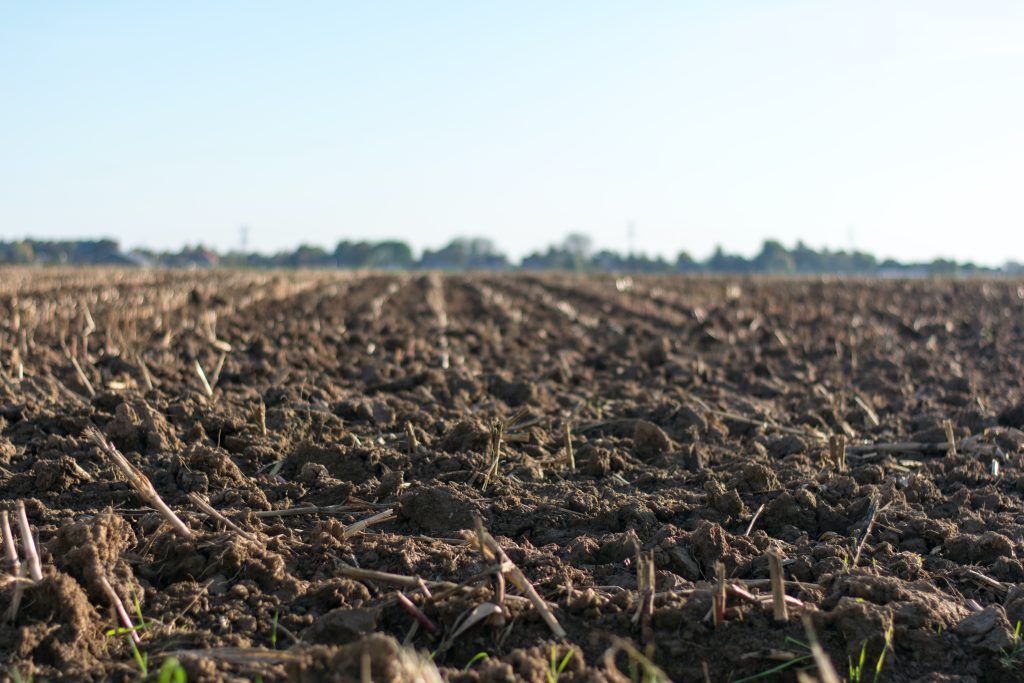
This method helps maintain soil fertility and manage resource use more efficiently. In my experience, crop rotation is a critical element in balancing the equation between sustainability and productivity in organic farming.
Natural Resistance
Building natural resistance in crops is another key aspect of sustainable organic farming. Organic farmers may promote the growth of robust plant varieties that demonstrate inherent resistance to pests and diseases.
By doing so, we can significantly reduce the need for chemical intervention and improve crop resilience.
Developing natural resistance in our crops and using integrated pest management techniques ensure that we maintain productivity while preserving the environment, ultimately contributing to sustainable organic farming practices.
Economic Factors
Market Growth
The market for organic products has been experiencing significant growth in recent years. This is driven by increasing consumer awareness and demand for healthier, more environmentally-friendly food options.
As a result, organic agriculture has become a profitable niche for many farmers who are looking to capitalize on this trend. I’ve observed that the expansion of the organic market also leads to the creation of new opportunities for small-scale and local farmers, particularly those focused on producing high-quality, specialty crops.
Pricing and Profitability
One major factor to consider in organic farming is the higher cost of production, which often translates into higher prices for consumers.
However, this also means that organic farmers can potentially earn higher profits from their products, as the increased demand often exceeds the available supply.
For me, it’s crucial to note that, while some consumers are indeed willing to pay higher prices for the environmental and health benefits of organic food, not everyone can afford these premium-priced products.
Subsidies
Governments often provide subsidies to support farmers in the transition from conventional to organic farming.
These financial incentives can help reduce the initial costs of adopting organic practices, such as purchasing necessary equipment or implementing new techniques.
As a farmer, I find the availability of subsidies to be an essential consideration, as it can play a significant role in the decision to adopt organic farming methods.
Nonetheless, it’s important to keep in mind that the level of support and eligibility criteria for these subsidies may vary by region and individual circumstances.
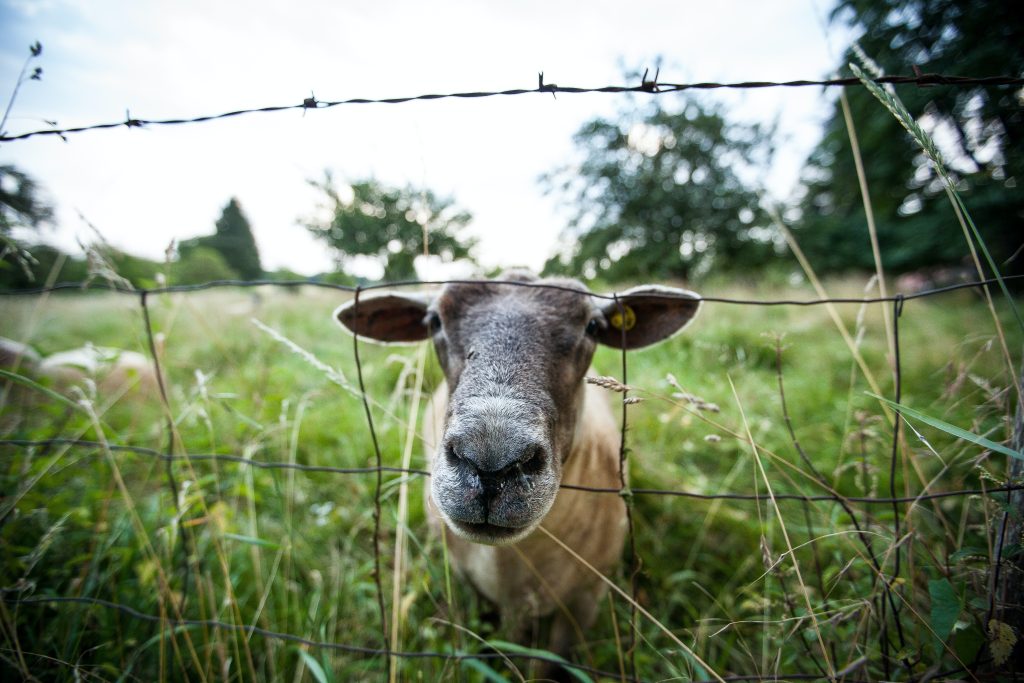
Impact on Farmers
While organic farming presents potential opportunities for profit, there are also challenges and risks involved.
For instance, switching to organic farming often entails a learning curve, as I may need to develop new skills and knowledge to successfully manage my farm without synthetic inputs.
Additionally, organic farming can be more labor-intensive than conventional farming, which may impact my time and resources.
Lastly, the risk of lower crop yields, particularly during the initial transition period, can be a significant concern when considering organic farming as a viable option.
The economic factors related to organic farming are complex and may vary depending on individual circumstances.
Although there are potential opportunities for growth, profitability, and support through subsidies, I must also understand the potential risks and challenges involved in adopting organic practices.
By carefully evaluating these factors, I can make informed decisions for my farming business and contribute positively to the environment and society as a whole.
Challenges in Organic Farming
As an advocate for organic farming, it’s important for me to acknowledge the challenges that come with this method. In this section, I will cover some of the key obstacles faced by organic farmers, including weed management, pest control, organic inputs, as well as weather, and crop failure.
Weed Management
A significant challenge in organic farming is managing weeds without the use of chemical herbicides. Weeds compete with crops for essential resources such as nutrients, sunlight, and water.
As an organic farmer, I rely on mechanical methods, such as hand-weeding, cultivation, and mowing, to keep weeds under control. Furthermore, mulching and planting cover crops help suppress weed growth, although these methods can be labor-intensive and time-consuming.
Pest Control
Dealing with pests is another hurdle in organic farming. Synthetic pesticides are not allowed, so I must rely on other means to protect my crops.
This includes applying natural pesticides, such as plant extracts and mineral oils, or using beneficial insects like ladybugs to prey on pests.
Crop rotation and companion planting can help to reduce pest infestation, but these methods may not always be foolproof. Overall, managing pest control demands a solid understanding of the ecosystem and a strong commitment to sustainable practices.
Organic Inputs
Finding and sourcing organic inputs is another crucial challenge. Organic fertilizers, such as compost, manure, and green manure from cover crops, are essential for maintaining soil health and crop nutrition.
However, these natural inputs can be more expensive or harder to obtain than synthetic ones. Additionally, I have to be cautious of potential contaminants in manure and compost, like residues from non-organic feed and bedding.
Ensuring a continuous supply of organic inputs requires proper planning and collaboration with local farmers or suppliers.
Weather and Crop Failure
Organic farming is heavily influenced by weather changes and is prone to crop failure. Unpredictable weather events, such as droughts, floods, and storms, can significantly impact crop yield and quality.
As an organic farmer, I have limited options to protect my crops—typically no use of synthetic fungicides, which might help during heavy rainfalls or in case of diseases.
These uncertainties make crop insurance and other risk management strategies crucial components of the organic farming business.
In conclusion, organic farming faces its own set of unique challenges. Tackling these issues requires knowledge, dedication, and adaptability, but the rewards of enhancing biodiversity, promoting healthy soils, and contributing to a more sustainable food system make the effort worthwhile.
Frequently Asked Questions
What are the environmental benefits of organic farming?
Organic farming can be beneficial for the environment because it relies on ecological processes, reduces the use of synthetic chemicals, and preserves the natural balance of the ecosystem.
It also helps improve water quality, as there is a reduced risk of water pollution caused by harmful chemical inputs. In addition, organic farming supports biodiversity by promoting a diverse range of plant and animal species living on the farm.
How does organic farming impact crop yields?
In general, organic farming can result in lower crop yields compared to conventional farming due to the absence of synthetic chemicals and the reliance on natural inputs.
However, studies have shown that the yield gap between organic and conventional farming may be narrowing over time as organic farming practices evolve and improve.
As a result, it is important to remember that crop yields can be influenced by many factors, including soil quality, climate, and farming practices.
What are the costs associated with organic farming?
Organic farming tends to have higher production costs because it relies on more labor-intensive methods and requires a larger investment in soil management and pest control.
Additionally, organic farms often need to bear the cost of certification to legally market their products as organic.
Still, organic farming can potentially offer greater financial returns as the demand for organic products continues to grow, and organic products often command higher prices compared to their conventional counterparts.
How does organic farming affect soil health?
One of the key principles of organic farming is to maintain and improve soil health. The adoption of organic farming practices, such as the use of cover crops and crop rotation, can help improve soil fertility and prevent erosion.
Organic farming also encourages the nurturing of soil organisms, which play a crucial role in nutrient cycling and maintaining soil structure. Overall, healthy soil is vital for productive agricultural systems, and organic farming provides a framework for achieving this goal.
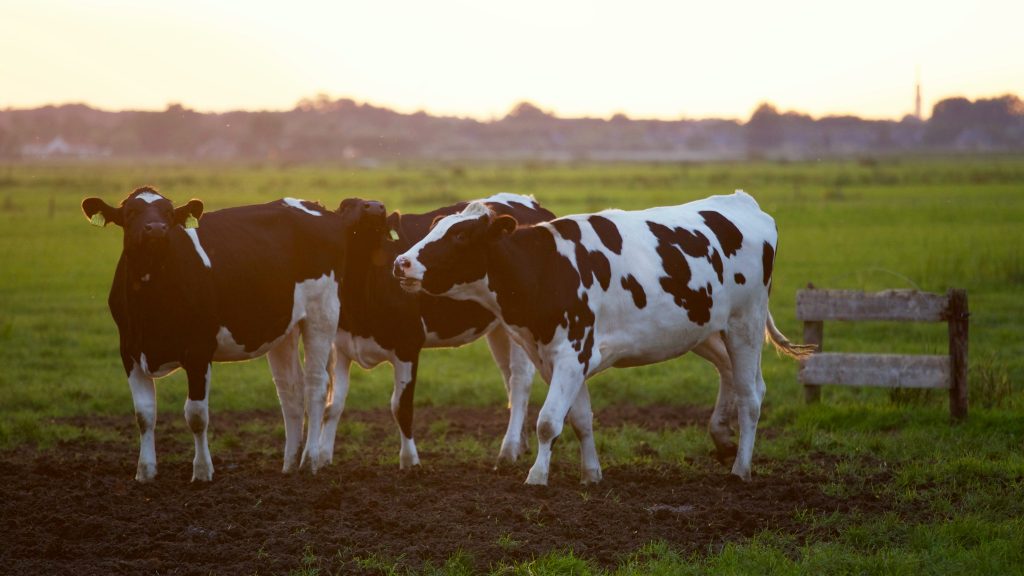
Is organic farming better for human health?
Organic farming, by reducing the use of synthetic chemicals, can help decrease the risk of exposure to potentially harmful substances like pesticides.
While there is still debate on the extent of nutritional differences between organic and conventionally grown produce, some studies suggest that organic food items may contain higher levels of certain nutrients like antioxidants.
However, consuming a balanced and varied diet, regardless of whether the food is organic or not, is the key to achieving good health.
What are the challenges faced by organic farmers?
Organic farmers face several challenges in their endeavor to practice sustainable agriculture. Some of these hurdles include insufficient knowledge and skills pertaining to organic farming practices and the higher susceptibility of crops to pests and diseases in the absence of synthetic chemicals.
Moreover, the lack of government subsidies for organic farming in many regions may make it difficult for some farmers to transition from conventional to organic methods. Adapting to these challenges requires continuous learning and investment in organic farming research to ensure its long-term viability.
